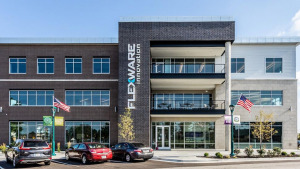
Lilly to invest another $4.5B in Lebanon site for new ‘medicine foundry’
The new funding, for an advanced manufacturing and drug development center, will bring the Indianapolis-based drugmaker’s total investment in the Boone County site to more than $13 billion.














